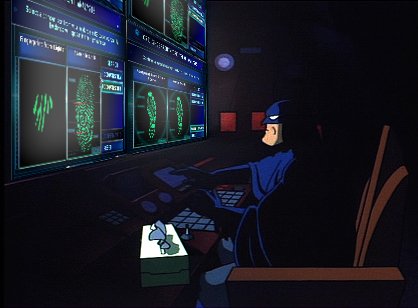That's easy to say when it's somebody else. Fact of the matter is, DC did kind of pull a fast one on Moore in regards to Watchmen and V. The way I understand it, their agreement was that the rights to both properties would revert to the creators once the books were out of print. To Moore's thinking, DC would publish the comics, maybe put together a book collection, and that would be it. You have to remember - back in the 80's, trades were a new thing. Even today, TPBs go out of print all the time.
Watchmen and V for Vendetta are two of DC's top selling books. There is no way they will stop printing them til they stop selling. Either way the rights only revert back to him after a 5 year period where the book isnt printed any longer.
The way DC got around the agreement was to keep V and Watchmen continually in print since the 80's, whether sales warranted it or not. It was their way of getting around the letter of the agreement. In 1980-whatever, I'm sure Moore didn't consider Watchmen would be on its 16th-something printing 20 years later.
Not DC's fault that Moore didnt think Watchmen would be one of the seminal pieces of comic book literature. Cant really blame a business like DC for wanting to make money off a popular book.
It's really no different than the kind of thing done regularly to guys like Jack Kirby. And, yeah, you can say "He should've known better," but that's easy to say in hindsight when it's somebody else and not yourself being ripped off. The company has the power, the company has the lawyers, the company draws up the contracts. The artist is primarily interested in creation and immediate payment for their services, not business matters and the long-term value of their intellectual property. Until they get burned a few times, that is. Corporate entities like DC Comics regularly take advantage of the artists who, by their powers of creation, allow said entity to exist. Alan Moore is just one in a long line of examples. It's shameful, really. Probably equally shameful to blame the artist rather than condemn the company and their practices.


